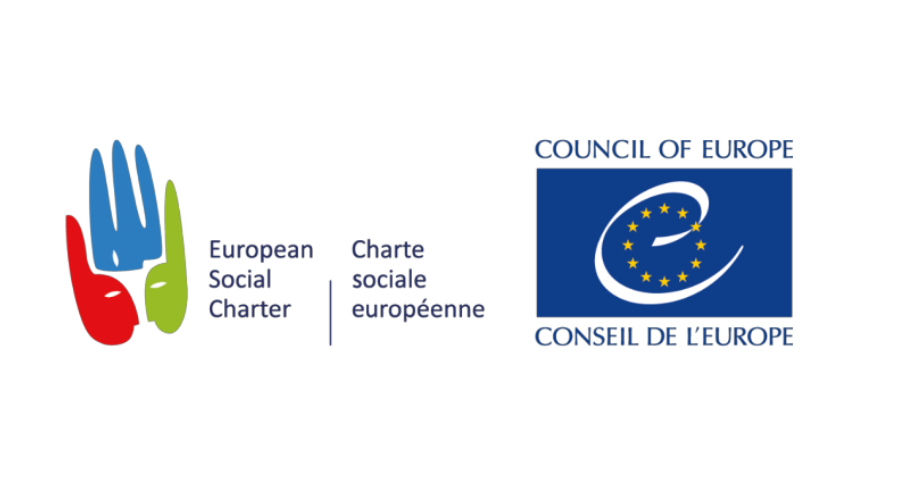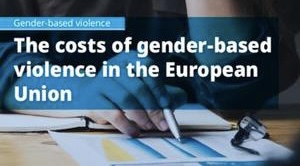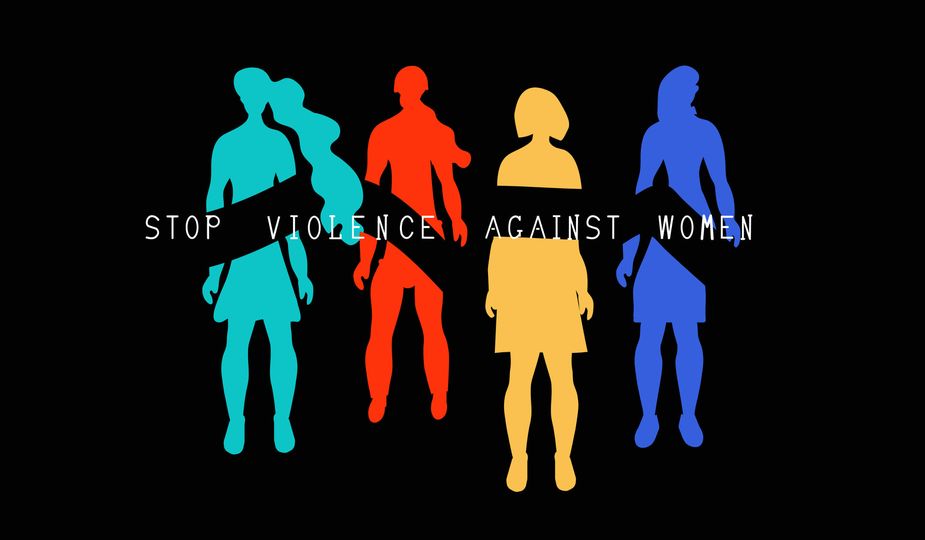The European Committee of Social Rights (ECSR) has adopted 15 decisions (see links below) on state compliance with the right to equal pay, as well as the right to equal opportunities in the workplace, following complaints which were lodged within the framework of the collective complaints procedure by University Women Europe (UWE) on August 24, 2016. The decisions concern the 15 States which have accepted the complaints procedure (Belgium, Bulgaria, Croatia, Cyprus, Czech Republic, Finland, France, Greece, Ireland, Italy, the Netherlands, Norway, Portugal, Slovenia and Sweden), were adopted by the ECSR on 5 and 6 December 2019 and became public today, 29 June 2020. “It’s up to you to make them effective, to disseminate them as widely as possible in the countries of the European continent. It’s up to you to continue the fight so that this deep injustice of unequal wages between women and men ceases, as well as the absence or the few women on the boards of directors of companies and executive committees. Good luck with these actions!” – Dr. Anne Bergheim-Nègre, President UWE.
The decisions identify clear and strong standards in the field of equal pay and, more precisely, they require that the right to equal pay has to be guaranteed in law. The ECSR has identified the following obligations for States:
- To recognise the right to equal pay for equal work or work of equal value in their legislation;
- To ensure access to effective remedies for victims of pay discrimination;
- To ensure and guarantee pay transparency and enable pay comparisons;
- To maintain effective equality bodies and relevant institutions in order to ensure equal pay in practice.
Moreover, the right to equal pay implies the obligation to adopt measures to promote it. This obligation has two elements: on the one hand, collecting reliable and standardised data to measure and analyse the gender pay gap and, on the other hand, designing effective policies and measures aimed at reducing the gender pay gap on the basis of an analysis of the data collected. The States are also under an obligation to show measurable progress in reducing the gender pay gap.
The ECSR acknowledges that the gender pay gap is no longer solely or even primarily a result of discrimination as such. The gap arises mainly from differences in the so-called “average characteristics” of women and men in the labour market. These differences result from many factors, such as horizontal segregation, where there is the concentration of one sex in certain economic activities (sectoral gender segregation) or the concentration of one sex in certain occupations (occupational gender segregation), as well as vertical segregation. The decisions highlight the positive obligations of States to tackle these phenomena in the labour market, including by promoting the advancement of women in decision-making positions within private companies.
14 out of the 15 States were found to be in violation of one or more of the above-mentioned aspects of the obligation to guarantee the right to equal pay and the right to equal opportunities in the workplace. However, the ECSR also noted various positive developments. Measures taken by some States in recent years have led to some progress in reducing the gender pay gap, but the progress is slow. The ECSR’s decisions clearly demonstrate that problems and practices, such as segregation in the labour market, lack of pay transparency, secrecy regarding pay levels, obstacles to access effective remedies and retaliatory dismissals continue to exist and prevent full realisation of the equal pay principle.
The decisions on the merits of the complaints lodged by UWE:
No. 124/2016 University Women of Europe (UWE) v. Belgium
No. 125/2016 University Women of Europe (UWE) v. Bulgaria
No. 126/2016 University Women of Europe (UWE) v. Croatia
No. 127/2016 University Women of Europe (UWE) v. Cyprus
No. 128/2016 University Women of Europe (UWE) v. Czech Republic
No. 129/2016 University Women of Europe (UWE) v. Finland
No. 130/2016 University Women of Europe (UWE) v. France
No. 131/2016 University Women of Europe (UWE) v. Greece
No. 132/2016 University Women of Europe (UWE) v. Ireland
No. 133/2016 University Women of Europe (UWE) v. Italy
No. 134/2016 University Women of Europe (UWE) v. the Netherlands
No. 135/2016 University Women of Europe (UWE) v. Norway
No. 136/2016 University Women of Europe (UWE) v. Portugal
No. 137/2016 University Women of Europe (UWE) v. Slovenia
No. 138/2016 University Women of Europe (UWE) v. Sweden
French Version here:
Des écarts de salaire entre les femmes et les hommes subsistent en Europe
Short video here:
https://www.facebook.com/CoEHumanRightsRuleLaw/videos/200623634567472/https://www.coe.int/







